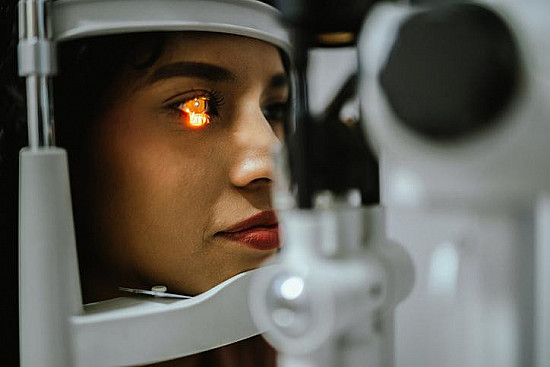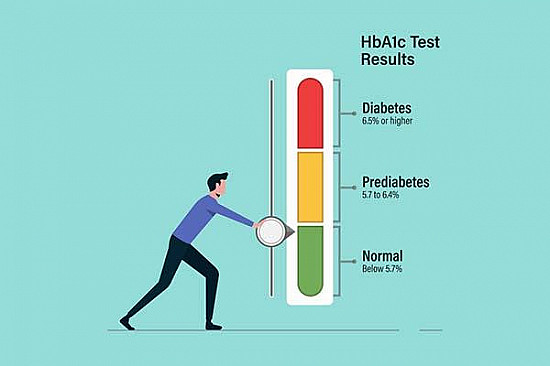Clot prevention with a mechanical heart valve
Ask the doctor
That's the situation with novel oral anticoagulants (NOACs). They are approved for preventing blood clots in people with specific conditions, including atrial fibrillation, deep-vein thrombosis, and pulmonary embolism. For these people, the drugs — which include apixaban (Eliquis), dabigatran (Pradaxa), edoxaban (Savaysa), and rivaroxaban (Xarelto) — prevent clots at least as well as warfarin. But NOACs have far fewer interactions with drugs and foods; they don't require blood tests or frequent dose adjustments; and they cause half as much brain bleeding as warfarin.
To continue reading this article, you must log in.
Subscribe to Harvard Health Online Plus (HHO+) to unlock expert-backed health insights, personalized tools, and exclusive resources to feel your best every day.
Here’s what you get with your HHO+ membership:
- Unlimited access to all Harvard Health Online content
- 4 expertly curated newsletters delivered monthly
- Customized website experience aligned to your health goals
- In-depth health guides on topics like sleep, exercise, and more
- Interactive features like videos and quizzes
- Members-only access to exclusive articles and resources
I’d like to subscribe to HHO+ for $4.99/month to access expert-backed content to help make smart, informed decisions about my well-being.
Sign Me UpAlready a member? Login ».
Disclaimer:
As a service to our readers, Harvard Health Publishing provides access to our library of archived content. Please note the date of last review or update on all articles.
No content on this site, regardless of date, should ever be used as a substitute for direct medical advice from your doctor or other qualified clinician.















